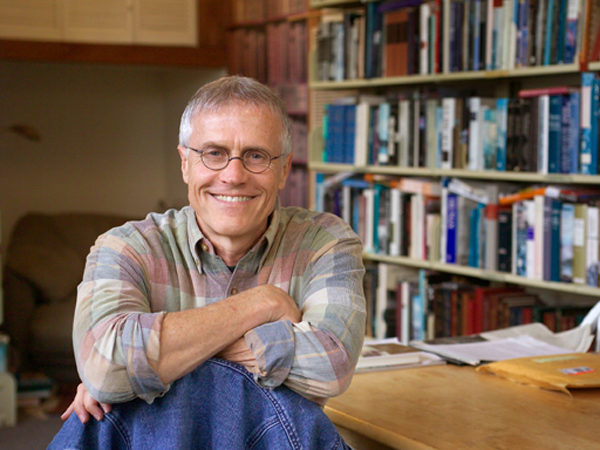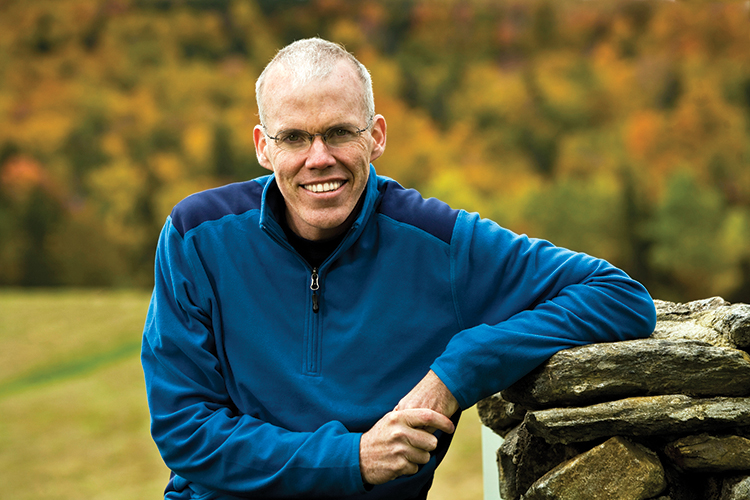 The Ecology of Commerce: A Declaration of Sustainability
The Ecology of Commerce: A Declaration of Sustainability
by Paul Hawken
Harper Collins, 1993, $19.96
Paul Hawken, author, entrepreneur and activist, debunks the tired notion that business and the environment are somehow at odds. “Common wisdom holds that ecologists worry about nature while economists are concerned with human beings,” Hawken explains. “But economists are in fact taking care of economics, and human beings are abandoned to the marketplace.”
Sound familiar? Hawken outlines, in detail, just what cheap goods are costing. Under the pressure of production our essential ecosystem has been splintered into commodities. Human beings have been marginalized into consumers, enslaved by self-imagery. Destruction drives success: Materialism lays waste to culture, jobs and wages are cut for profit, wealth divides, money destabilizes, healthcare costs spike and cancer increases while immune systems deteriorate. Government, legal systems, media outlets and even nonprofit and charitable efforts have become the hands of an invisible dictator.
This is not, of course, a new story, but the beauty of Hawken’s rendition is that there are no villains, only an impending situation. In the real world, even CEOs are paralyzed against their better senses. Hawken’s precise explanation of corporate mechanics, however, puts fate back in our hands. Our world has been altered largely through our uninformed support, and the better we understand the system, the better we can guide its evolution. Now, the author implies, is the critical time to put down the remote and start learning. Business has led us down a dark alley, but ironically it is also our way out. This does not mean “greening,” marginal efforts that Hawken claims are little more than a sentimental reaction to Earth Day. This means redesigning a restorative economy from the ground up—a whole new style of commerce: creative, inspiring and purposeful. Sustainable businesses, which Hawken defines and draws up guidelines for, are built from our better values, not our bare weaknesses. It’s an economy to enable our future, and one that our unwritten future enables us to realize. —Dana Henry




